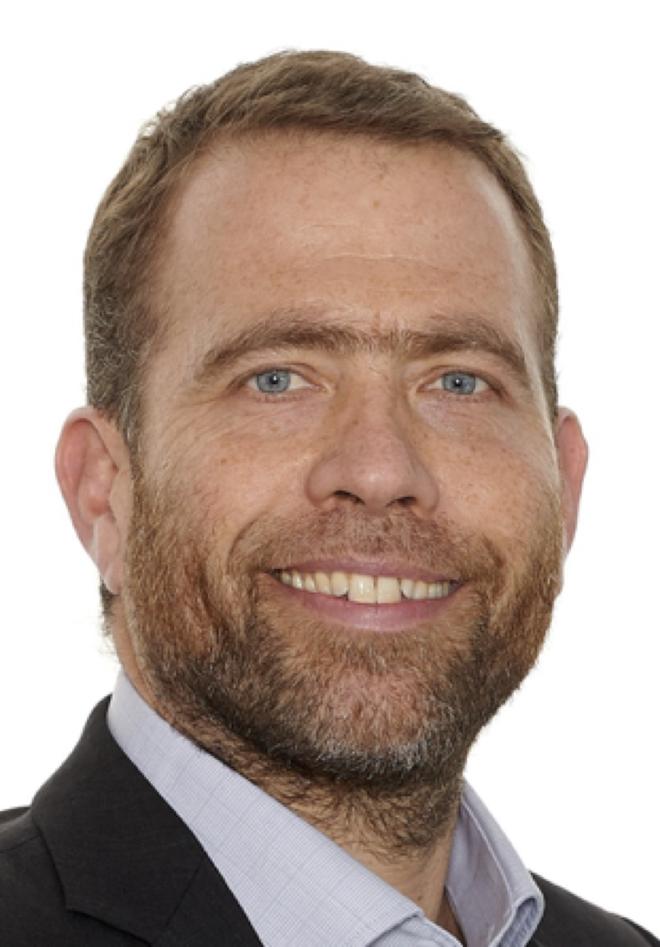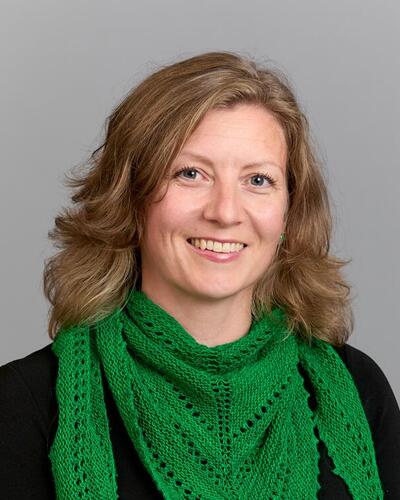Climate-friendly, sustainable food?
Two presentations on food and the climate, followed by breakout rooms and discussion chaired by Associate Professor Katja Enberg.

Main content
Public attitudes to meat reduction as climate action (20 mins)
Wouter Poortinga
Cardiff University, UK
Fundamental transformations are needed across all parts of society in order to meet critical carbon reduction targets to tackle climate change. This includes challenging areas such diet, which have substantial climate impacts but so far have proven difficult to change. Shifting away from meat-heavy diets could substantially cut greenhouse gas emissions from food, as well as improve physical health and enhance biodiversity. Yet, there is great cultural and psychological resistance to such shifts.
Understanding the motivations and barriers of individuals making changes to their diet would be a first step in developing effective strategies to reduce carbon emissions from this area. This presentation will cover research showing increasing support for meat reduction as a climate mitigation policy, how ‘moments of change’ (such as the coronavirus outbreak) provide opportunities for diet-related behaviour change, and that informing people of the negative impacts of consuming meat can help with changing eating habits.
Blue Growth: a systems analysis perspective (20 mins)
Dr. Sara Hornborg
RISE – Research Institutes of Sweden
Promoting and managing for Blue Growth requires holistic understanding of sustainability to avoid repeating the same mistakes as done in the past. This presentation will provide an overview of key findings in life cycle assessments of seafood production from both farmed and wild-caught species. Furthermore, it will highlight challenges and opportunities for holistic sustainability assessments and the management of seafood.
Though her research, Dr Hornborg has gained a wealth of insight from a variety of themes including environmental implications of different fishery regimes; evaluation of innovative feed concepts for aquaculture; and the development of broad sustainability assessments.


